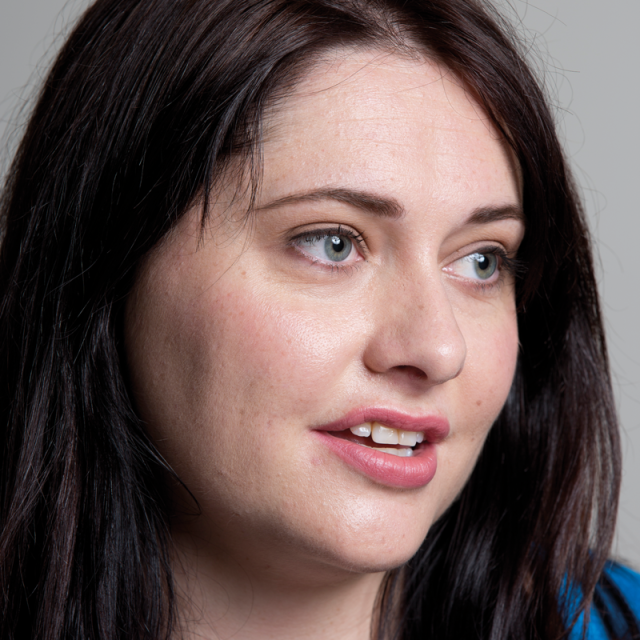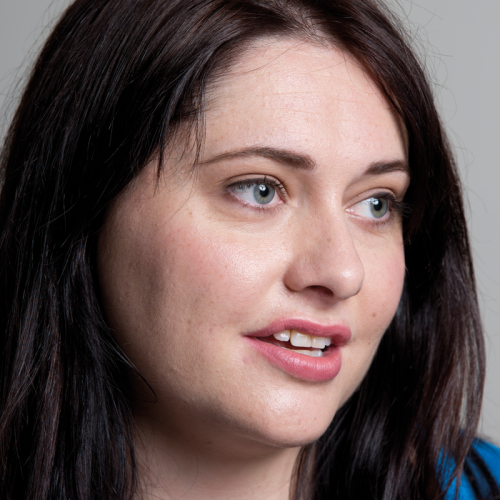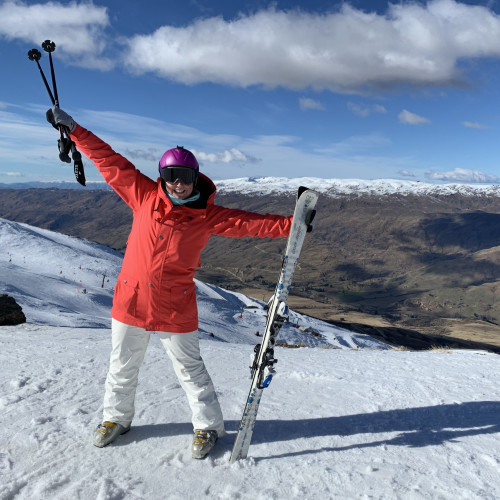Deceased organ donation on the rise in New Zealand
In the past decade the number of deceased organ donors in New Zealand has been steadily increasing. In 2019 there were 74 deceased organ donors, almost double that of 2010 (41 donors).
Thanks to these 74 donors and their families, 227 people were able receive heart, lung, liver, kidney or pancreas transplants last year. Many of these 74 organ donors also donated tissues; including eye tissue to help restore sight and repair eye damage, heart valves to help babies and young children with genetic heart conditions and skin to help treat people with severe burns.
Organ Donation New Zealand (ODNZ) attributes the rise in deceased donors to an increase in the number of families having donation discussed with them. ODNZ Clinical Director Dr Stephen Streat says that health professionals are more aware of organ donation than they were ten years ago, so they are identifying more opportunities for donation and are offering this option to families.
“ODNZ works with hospital staff to ensure that all situations where donation is possible are recognised and fully assessed” Streat says, “and that a respectful and compassionate discussion is had with the family by a health professional with appropriate knowledge about donation.”
ODNZ supports hospital staff around New Zealand with 24 hour advice and support, on-going education and a continuous quality improvement programme to ensure that nationally consistent processes for organ and tissue donation are maintained.
Fewer than 1% of New Zealanders die in circumstances that allow them to be organ donors. Donation is only possible when a person is in an Intensive Care Unit, on a ventilator (breathing machine), usually with very severe brain damage.
When organ donation is not possible, tissue can often be donated. In 2019 ODNZ facilitated an additional 62 tissue-only donations (eyes, heart valves and skin) from people who died in a hospital ward, hospice or at home.
Dr Streat says it is important to remember that all donors come out of human tragedy and that organ and tissue donation would not be possible without the generosity of families at a very difficult time. “Organ Donation NZ would like to thank all the families who considered organ donation at the time of the death of their family member and all of the health professionals involved in organ and tissue donation, for their dedication and support.”
While Dr Streat acknowledges that it is important for families to talk about organ and tissue donation, he goes one step further advising people to “inform themselves about donation”.
“Read the information on the ODNZ website and discover the answers to common myths and misconceptions, then discuss donation as a family”.
If you’re unsure of how to start a donation discussion with your family, there are some ideas here https://www.donor.co.nz/have-the-conversation-today/
About Organ Donation New Zealand
The Donor Coordination Service was established in 1987 at Greenlane Hospital, at the same time that heart transplantation began. In 2005, the service changed its name to Organ Donation New Zealand (ODNZ).
Today, ODNZ is a 24 hour, national service, managing all deceased organ and tissue donation throughout the country.
There are six specialised nurses who are donor coordinators; their primary responsibility is to co-ordinate the donation of organs and tissues from deceased donors in New Zealand for transplant units and tissue banks in New Zealand and sometimes Australia. Following the donation, the donor coordinator provides information and support for the family of the donor and for some families this support is continued for a number of years.
A team of on-call medical specialists are also available to provide advice to hospital staff.
Organ Donation New Zealand works with health professionals throughout New Zealand providing education and training to ensure there are excellent, nationally consistent, processes for organ and tissue donation.
The 2019 ODNZ Annual Report can be downloaded from https://donor.co.nz/media-centre/


